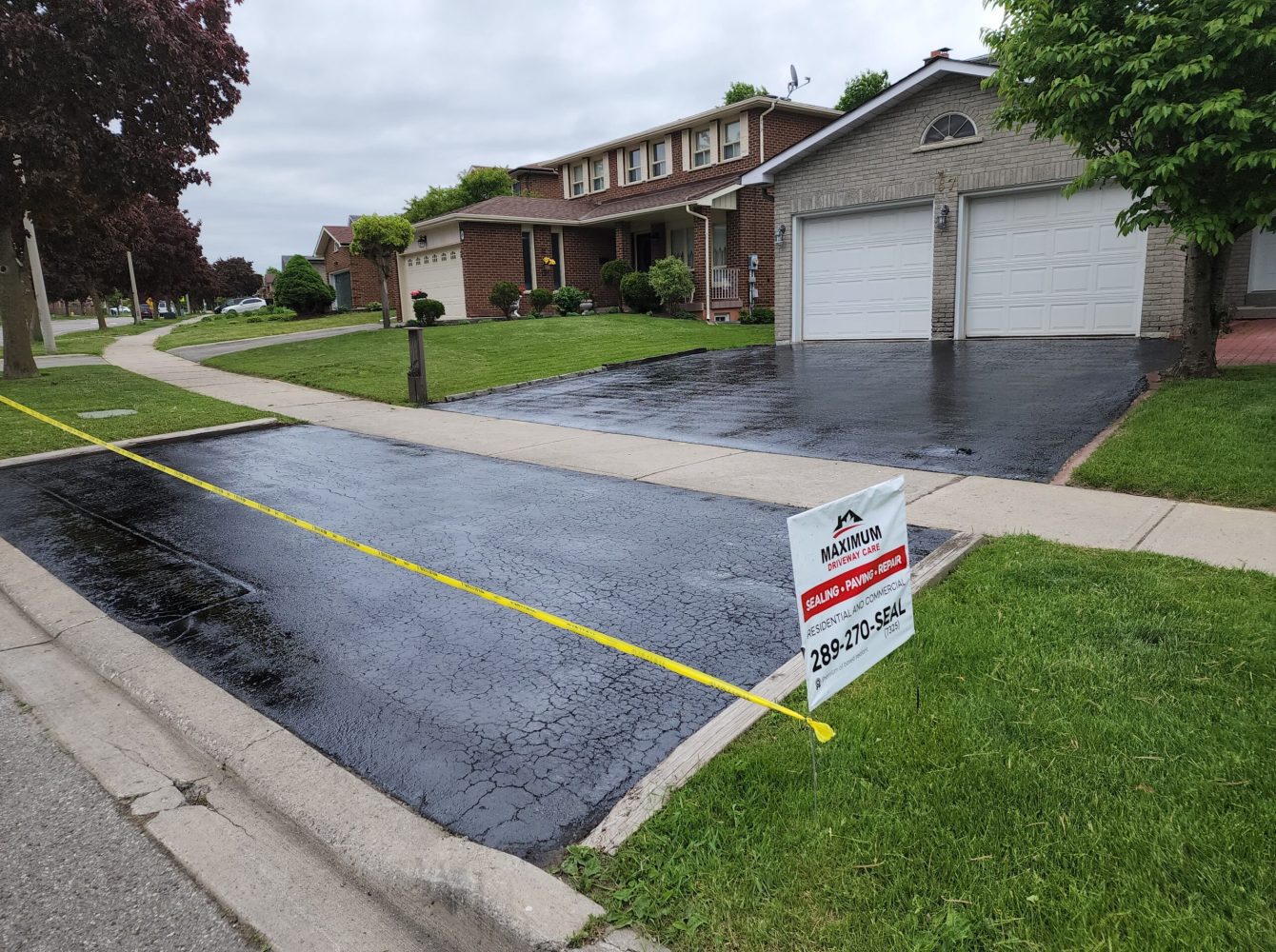Cold Mix Asphalt Vs. Hot Mix Asphalt: Which Is Right for You?

Make-up Distinctions
Cold mix and hot mix asphalts differ substantially in their composition, with distinct features that impact their efficiency and applications. Cold mix asphalt is generated by emulsifying the asphalt binder with water and an emulsifying representative before blending it with aggregate. This approach permits the asphalt to be workable at lower temperatures, making it excellent for short-lived repairs and for usage in colder weather problems. Hot mix asphalt, on the various other hand, is produced at high temperature levels, generally in between 300-350 ° F, which aids to accomplish far better compaction and a much more resilient last item. The hot mix asphalt production process includes heating up the accumulation and asphalt binder independently before incorporating them at the asphalt plant.
Moreover, cool mix asphalt often tends to be much less thick and much more adaptable than hot mix asphalt. This adaptability makes it much better fit for areas with greater degrees of motion, such as driveways or roads with rush hour. On the other hand, hot mix asphalt is known for its high durability and resistance to rutting and splitting, making it a preferred option for highways and high-traffic roadways where longevity is essential.
Setup Refine Variances
The procedure of setting up cold mix and hot mix asphalt shows notable differences in their treatments and needs. In comparison, warm mix asphalt demands an extra intricate installment procedure. Due to the heating demands, warm mix asphalt setups are typically carried out by specialists with customized equipment, guaranteeing an extra long-term and structurally audio result.
Durability and Durability Factors
When taking into consideration asphalt options, sturdiness and long life are vital factors to assess for lasting pavement performance. Hot mix asphalt (HMA) is understood for its extraordinary toughness and durability.
In terms of long life, HMA generally outperforms CMA due to its remarkable toughness and resistance residential properties. HMA pavements have a longer solution life, needing much less frequent repair work and maintenance, which can translate to cost savings in the lengthy run. Furthermore, HMA pavements are extra quickly personalized to satisfy particular task needs, better improving their longevity.
Price Factors To Consider
Thinking about the monetary implications is an essential facet when assessing the option in between hot mix asphalt (HMA) and cool mix asphalt (CMA) for pavement tasks. While the preliminary cost of hot mix asphalt is normally higher than that of cold mix asphalt, HMA frequently gives an extra economical remedy in the long run because of its superior sturdiness and longevity. HMA is understood for its capability to endure rush hour lots and rough climate condition, lowering the requirement for constant repair work and maintenance. On the other hand, chilly mix asphalt is a lot more cost effective in advance however might require more frequent patching and resurfacing, resulting in greater maintenance expenses over time.
Along with material costs, it's important to consider the expenditures related to installation and upkeep when comparing HMA and CMA. HMA typically needs specific tools and competent labor for correct installation, which can influence general task expenses. On the other hand, CMA is less complicated to collaborate with and click for source can usually be applied making use of simpler techniques, possibly decreasing installation expenditures. Inevitably, the decision in between HMA and CMA must take into consideration not simply the preliminary price yet likewise the long-term monetary implications to establish one of the most cost-effective option for the certain sidewalk task.
Environmental Effect Comparison
Comparison of the ecological impacts in between warm mix asphalt (HMA) and cool mix asphalt (CMA) discloses distinctive distinctions in sustainability methods. HMA manufacturing needs high temperatures, resulting in raised power intake and greenhouse gas discharges. The procedure also launches unstable organic substances (VOCs) and unsafe air pollutants (HAPs) into the atmosphere. On the other hand, CMA is produced and applied at lower temperatures, minimizing energy usage and discharges substantially. The reduced manufacturing temperature levels of CMA cause reduced gas intake and reduced levels of carbon dioxide emissions, making it a much more ecologically pleasant choice.
In addition, the usage of CMA commonly includes recycling existing asphalt sidewalk, promoting source conservation and lowering the quantity of waste sent to land fills. By opting for CMA over HMA, road building and construction projects can add positively to ecological conservation initiatives.
Verdict
In conclusion, the option between chilly mix asphalt (CMA) and warm mix asphalt (HMA) depends upon various factors such as her comment is here composition, installment procedure, durability, longevity, price, and environmental impact. asphalt repair. While CMA uses a cost-effective and fast option for small repair services, HMA makes sure superior resilience and durability for heavy web traffic locations. Think about these factors meticulously to identify which kind of asphalt is the appropriate choice for your paving requires

Thinking about the monetary effects is an important facet when examining the selection in between hot mix asphalt (HMA) and cool mix asphalt (CMA) for sidewalk jobs. While the first price of hot mix asphalt is usually greater than that of cool mix asphalt, HMA commonly offers a much more cost-efficient service in the lengthy run due to its premium sturdiness and durability. asphalt repair.Comparison of the ecological effects in between hot mix asphalt (HMA) and cold mix asphalt (CMA) exposes unique differences in sustainability techniques.In verdict, the option in between cold mix asphalt (CMA) and hot mix asphalt (HMA) depends on numerous factors such as structure, setup process, find more information durability, longevity, cost, and ecological influence